A surge of book bannings has emerged across the United States in recent years. In 2023, the American Library Association (ALA) was contacted by 695 libraries regarding requests to ban books in their collection. The ALA compiles lists of challenged books in order to inform the public about censorship efforts that affect libraries and schools. Censorship in libraries causes students to miss out on certain books that could be helpful to their family or self identity.
In October, Boyle County Schools in Danville, Kentucky banned more than 100 books from the school libraries in its district. Parents in the community have brought their attention to what is being offered to their children and went against the district for allowing the content. Some of the books that were banned were Fred Gets Dressed, a book about a young boy choosing to dress in his mom’s clothes, Battle Dragons, a teen who rides dragons in a dystopian universe, and Anne Frank, a graphic novel based on the diary of Anne Frank.
However, in November of this year, Boyle County school officials decided to return the books to their original schools and allow them to be checked out by students. The district said it decided to reverse course because of guidance issued by the Kentucky Department of Education stating the new law does not provide for the removal of library media resources from a school library. The Senate Bill 150 is a new law that requires school districts to adopt procedures for parietal rights to a schools curriculum or course. This bill caused parents to look into what books are being offered to their children and report the district for it.
The Great Crossing library has a large collection of books. Including the English department novels, it has 16,540 books for students to choose from. There is also an abundant amount of genres to choose from, including: fantasy, science fiction, horror, mystery, historical fiction, reality, romance, sports, graphic novels, classics – plus numerous nonfiction books. Librarian Lauren Feeback has not been asked to censor any books in her collection.
Feeback described how she decides what books are suitable for the library. “Whenever I select books for the library, I follow my collection development guidelines. I read multiple reviews for each book that I am considering adding to my collection, and I allow those to help guide me in making decisions as to which books I should order.” Librarians should consider authenticity, public demand, general interest, content, and circumstances of use. For libraries serving minors, librarians should consider age, social and emotional development, intellectual level, interest level, and reading level.
Book bannings harm the education of students. Mina James McEuen, a senior at GCHS, said, “By taking away access to books that teach the truths of the past, and the hopes for the future, rising generations will be unable to fully comprehend how much improvement needs to be made in the world.”
Many teachers are against the recent book bannings. English teacher Kristy Johnson explained, “My personal position on book banning is that it is every parent’s right to disallow their child from reading something, but it is never their right to prevent other children from reading a text.”
Banning books in schools can result in exposing children to a lack of education that could cause them to develop a lack of empathy, critical thinking skills, and awareness of societal problems. Johnson said, “Banning a text disregards the complexity of a character and of a character’s response to the world around him/her, and when we disregard a character, we are demonstrating that we would also disregard, diminish, shame, an actual person in those same situations in real life.”
Ultimately, banning books harms the education of students. The next generation will miss out on the books that could’ve given them new perspectives, critical thinking skills, and appreciation for all people. “It is a dangerous game, taking people’s right of speech away, but it is just as dangerous to make the leaders of tomorrow hide from the cruelties that should never be repeated,” stated McEuen.
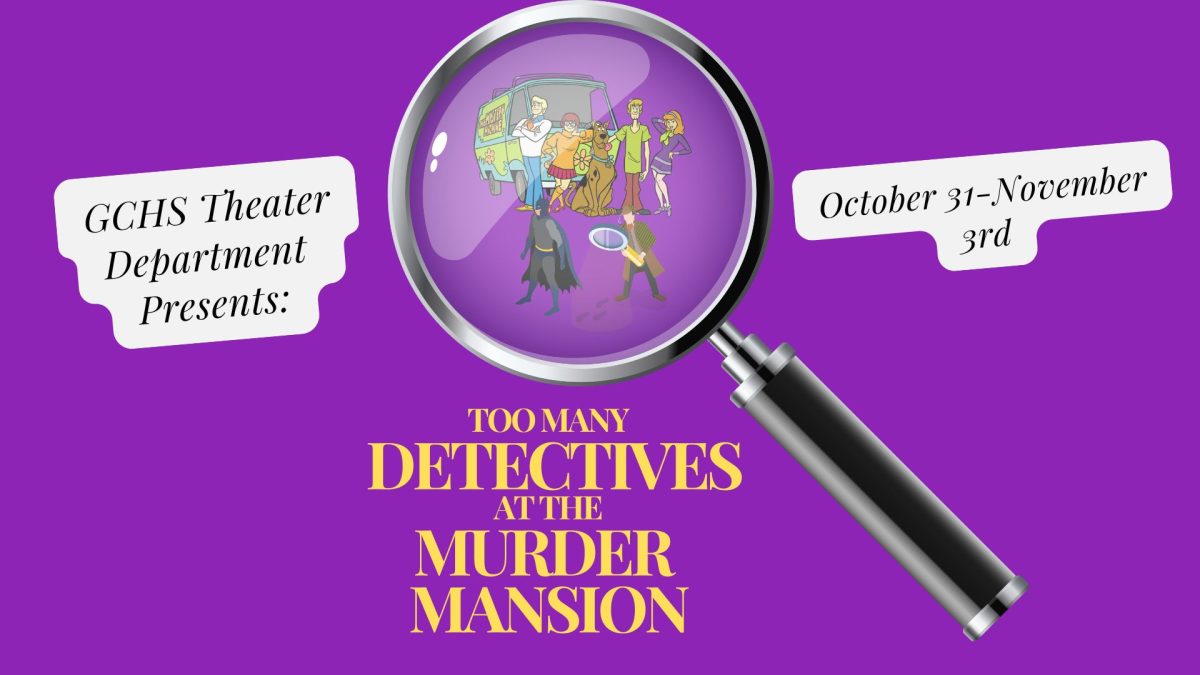

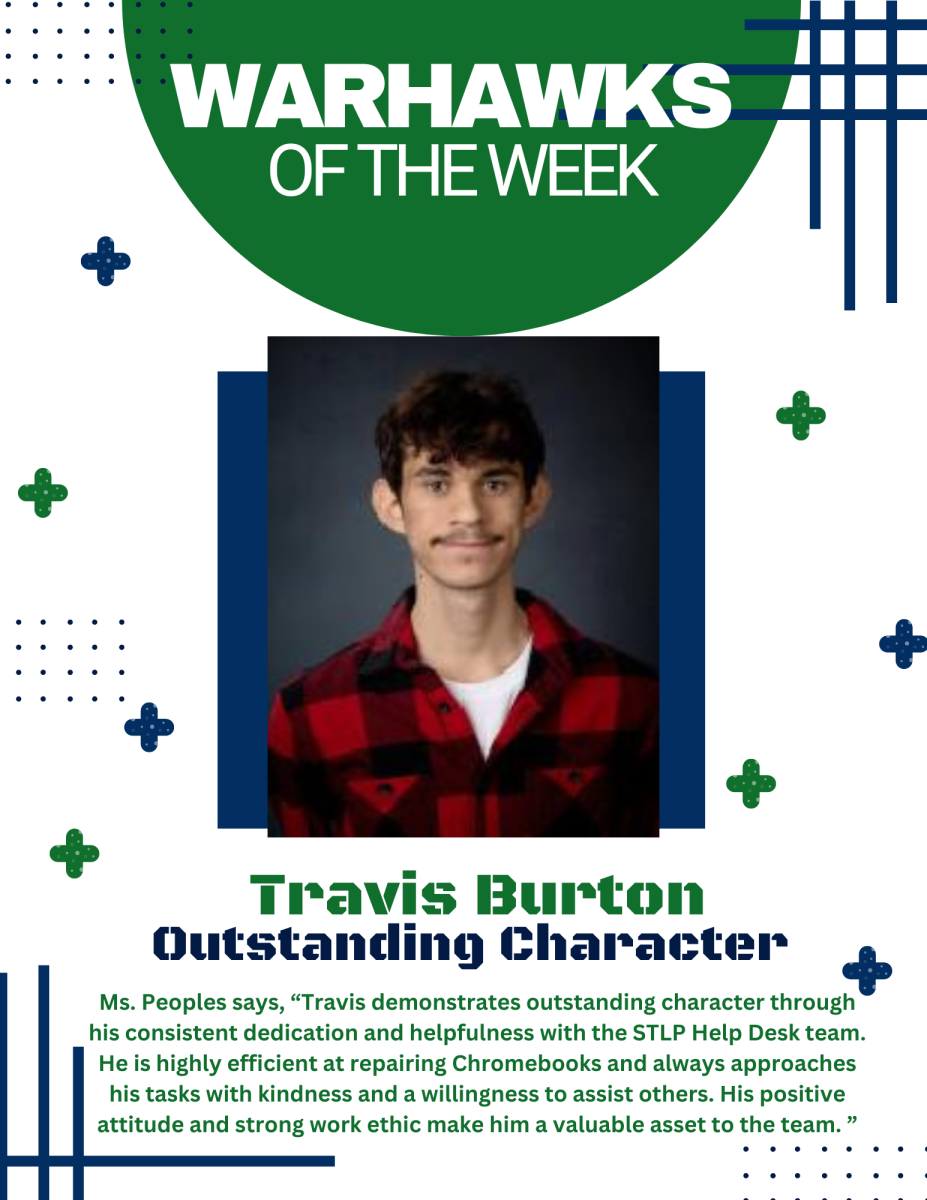
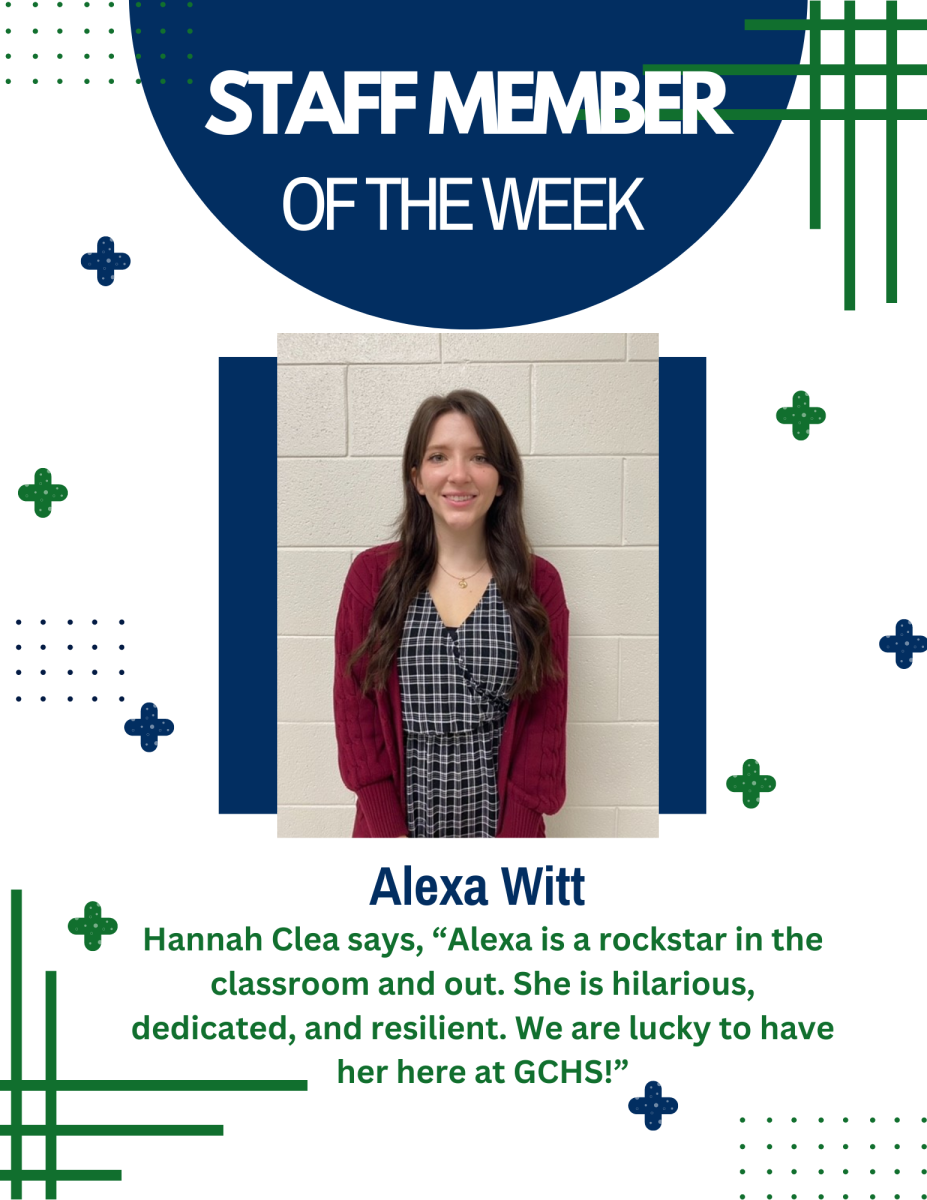



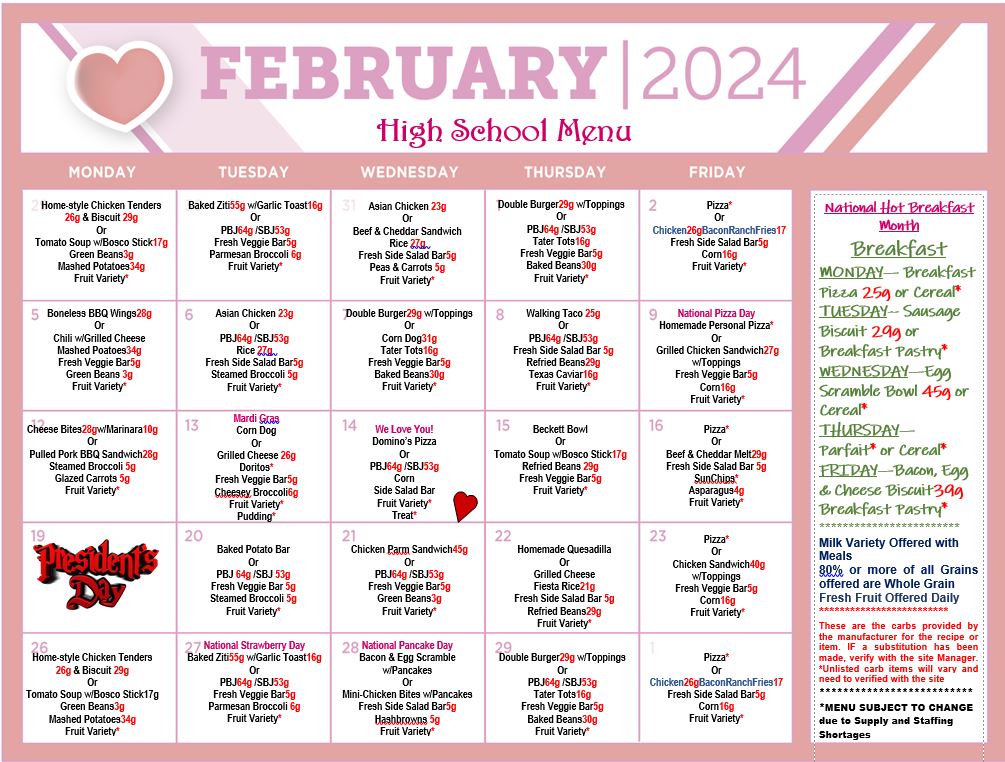

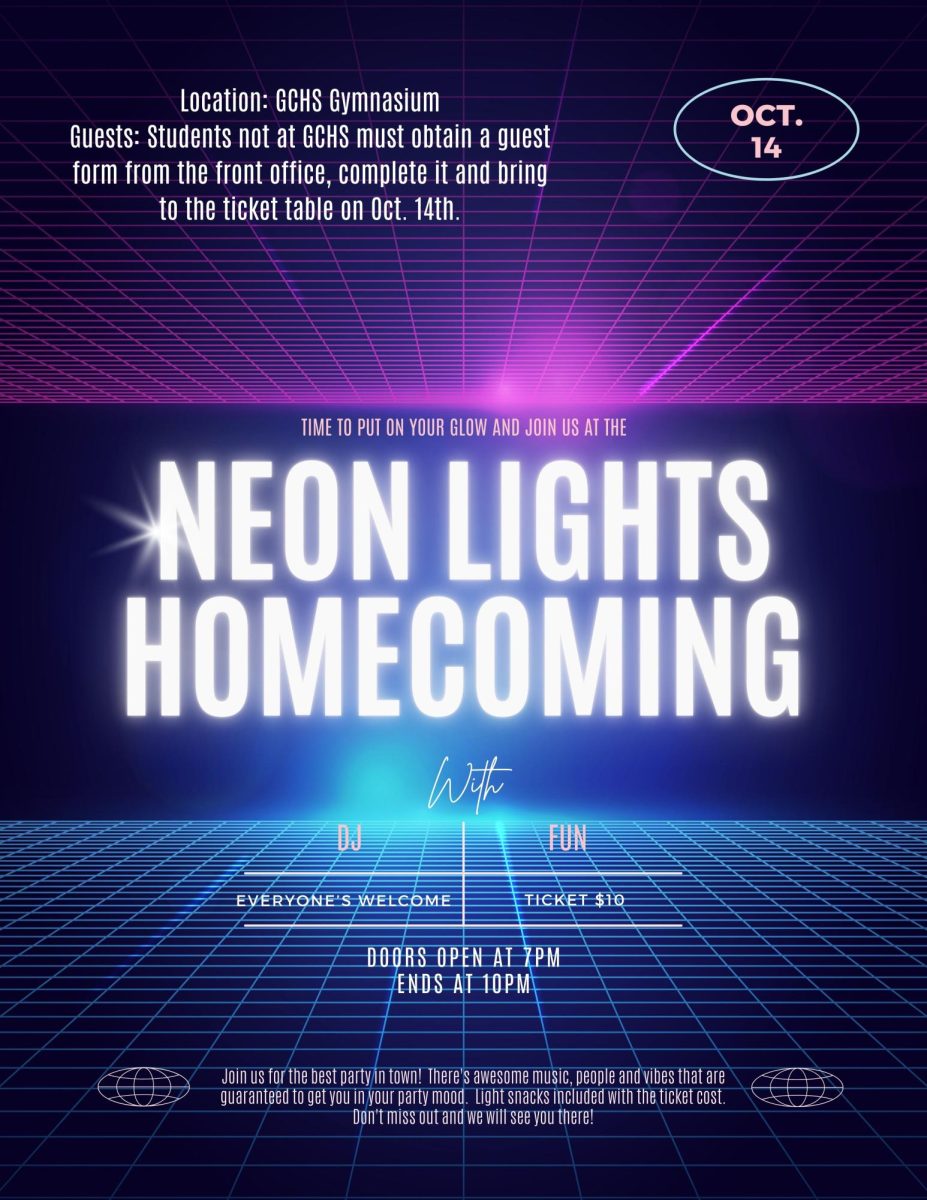
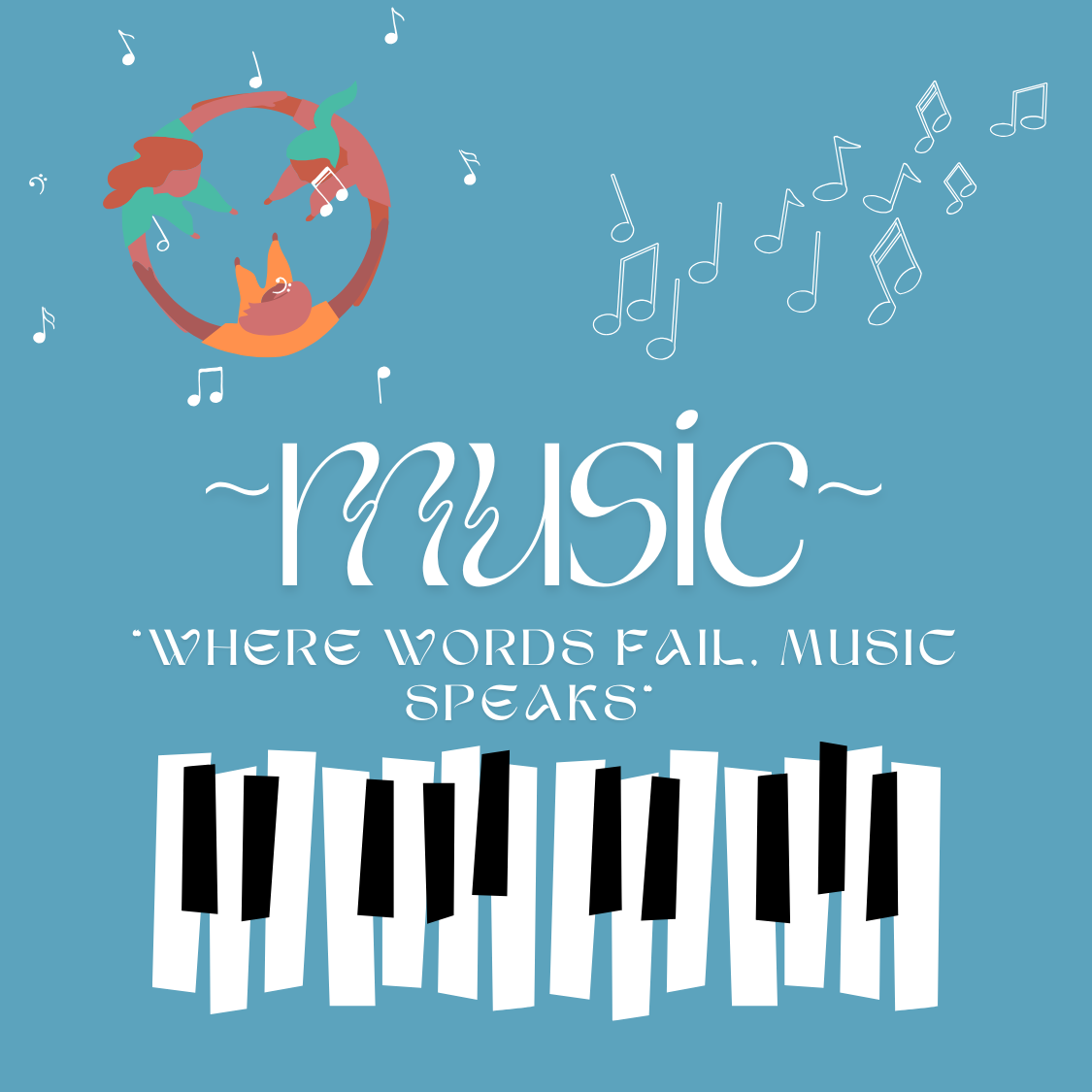


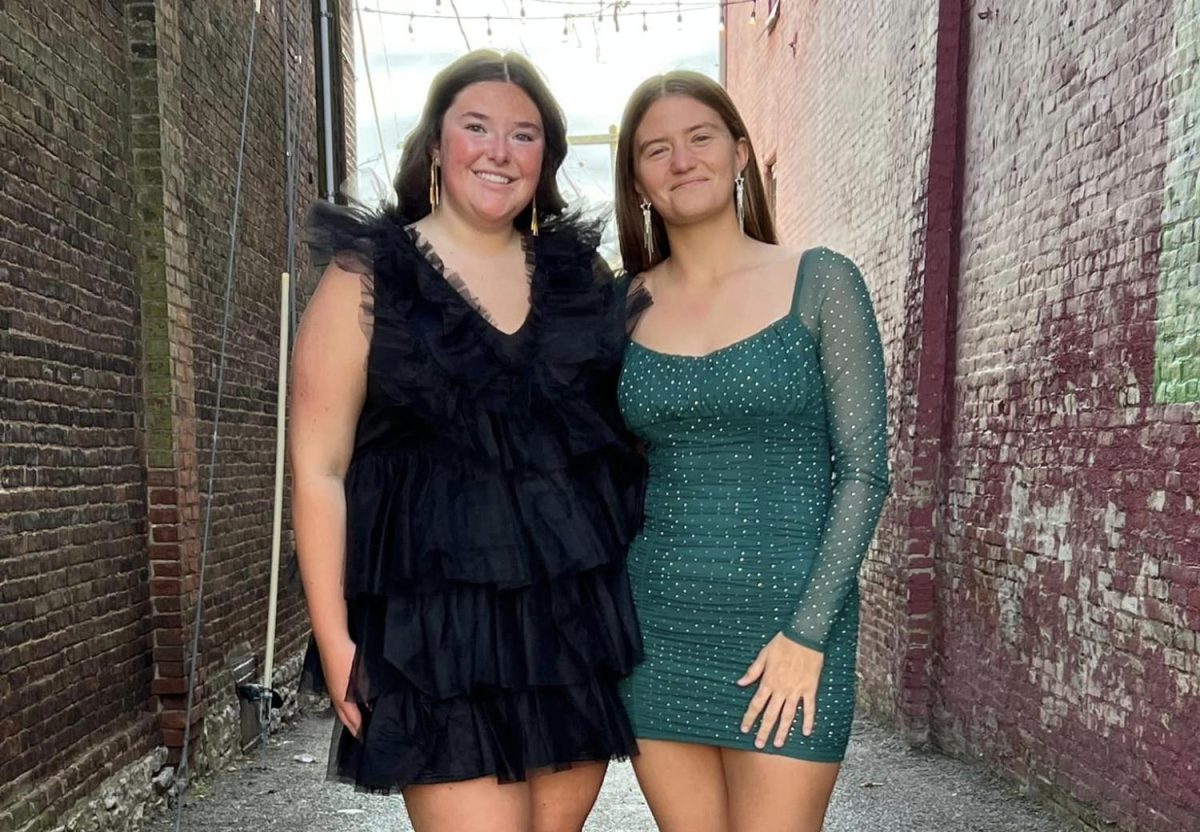
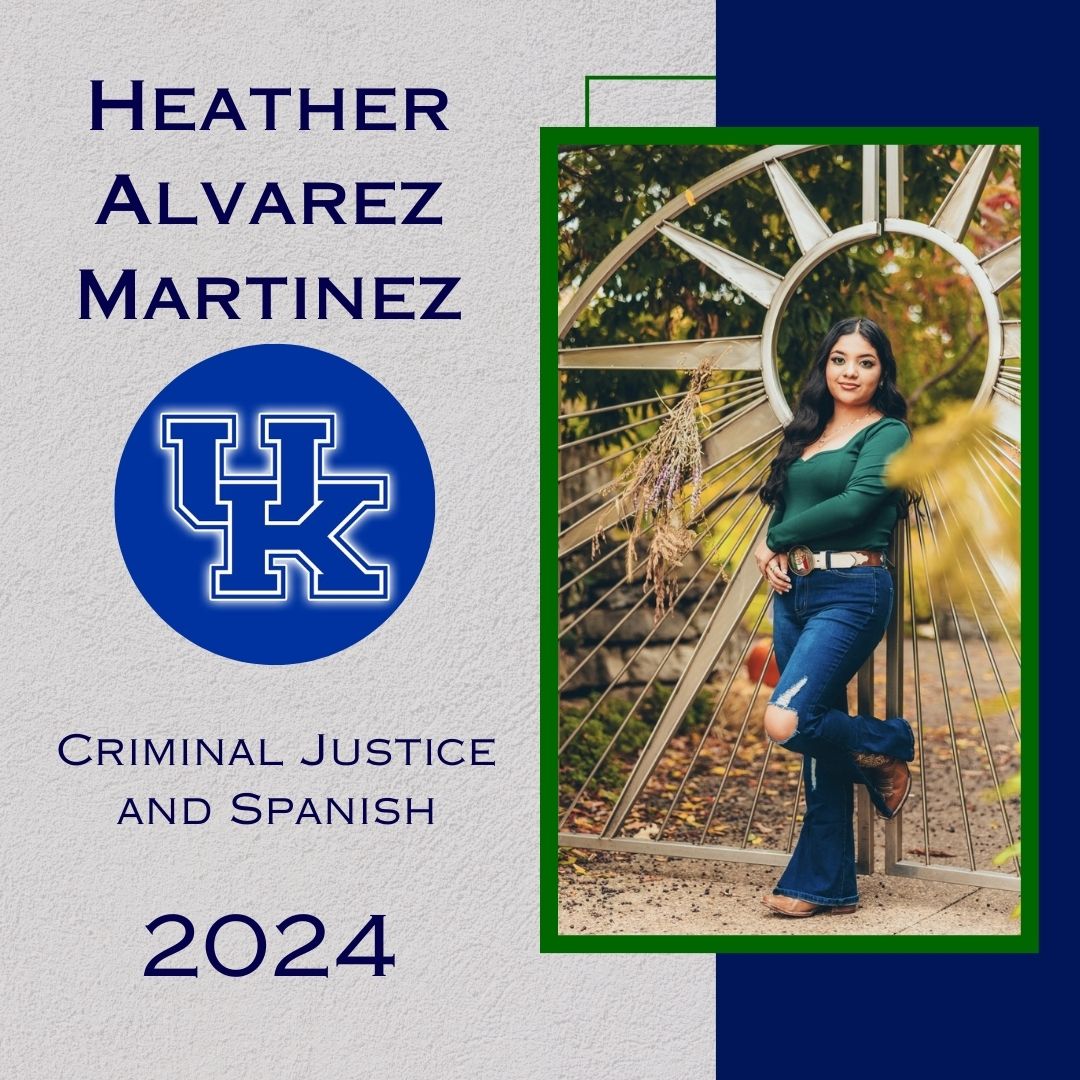
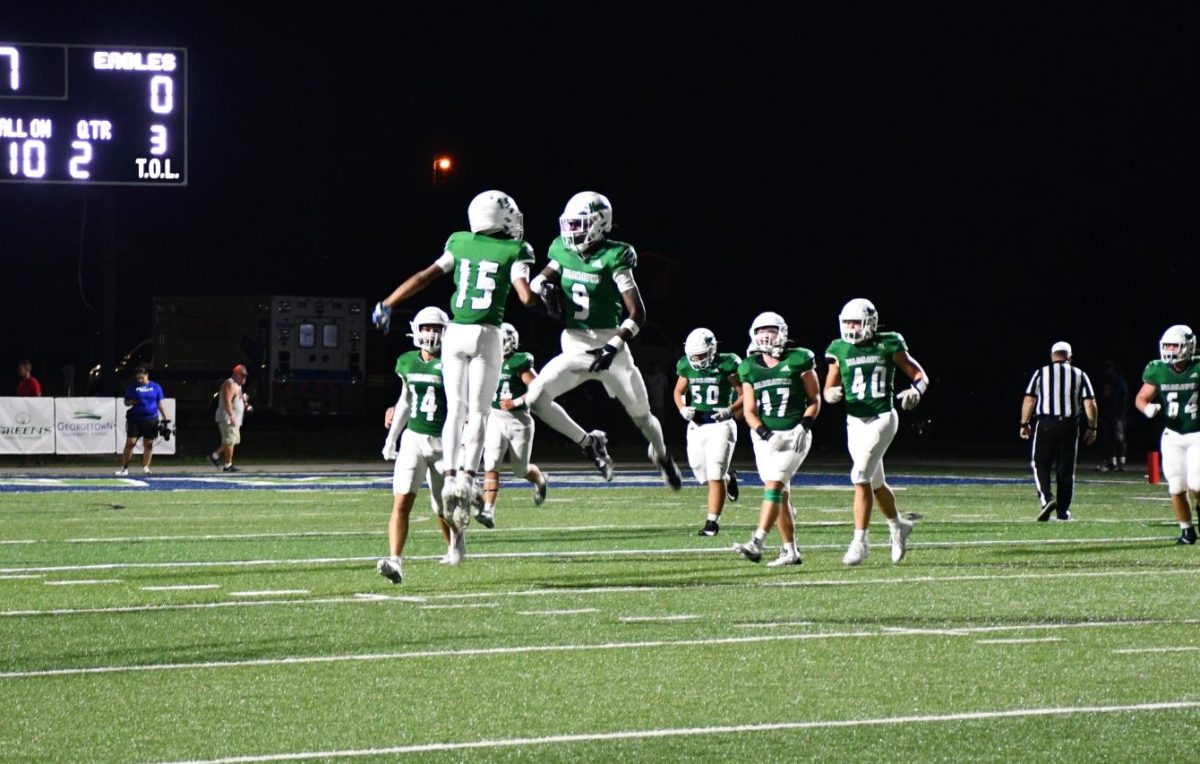
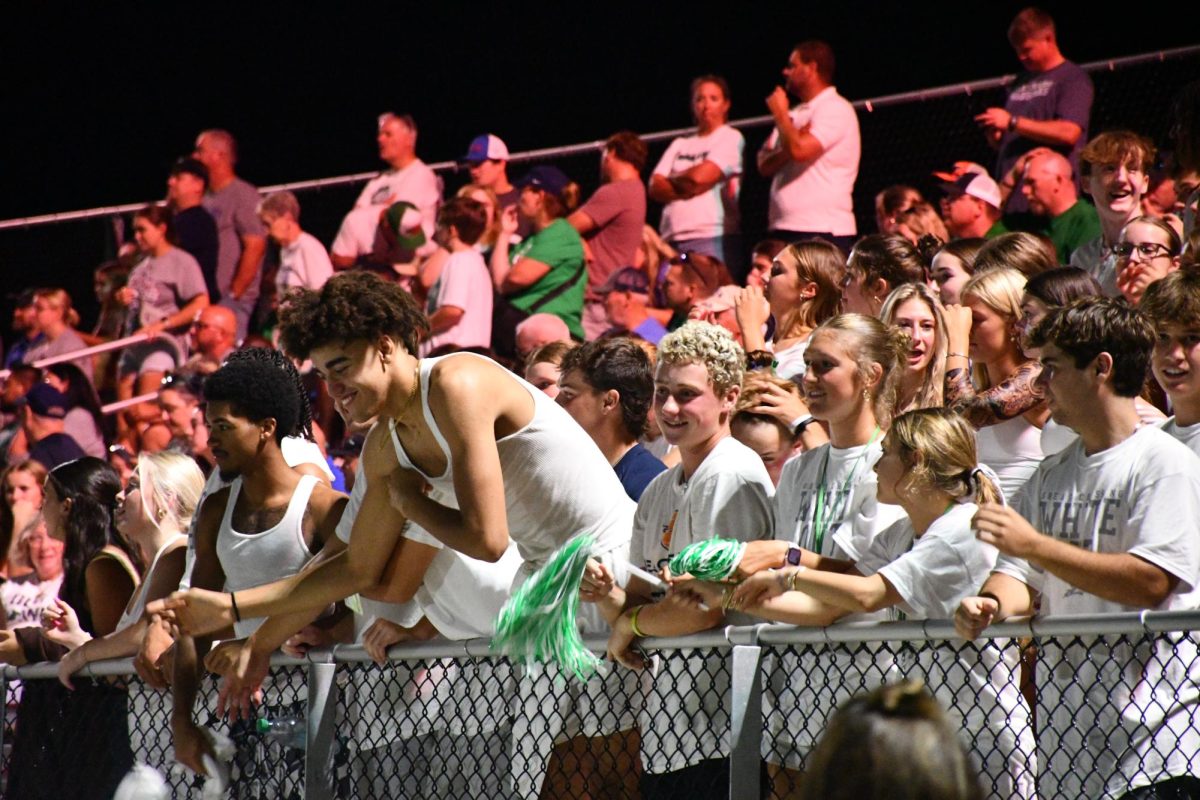
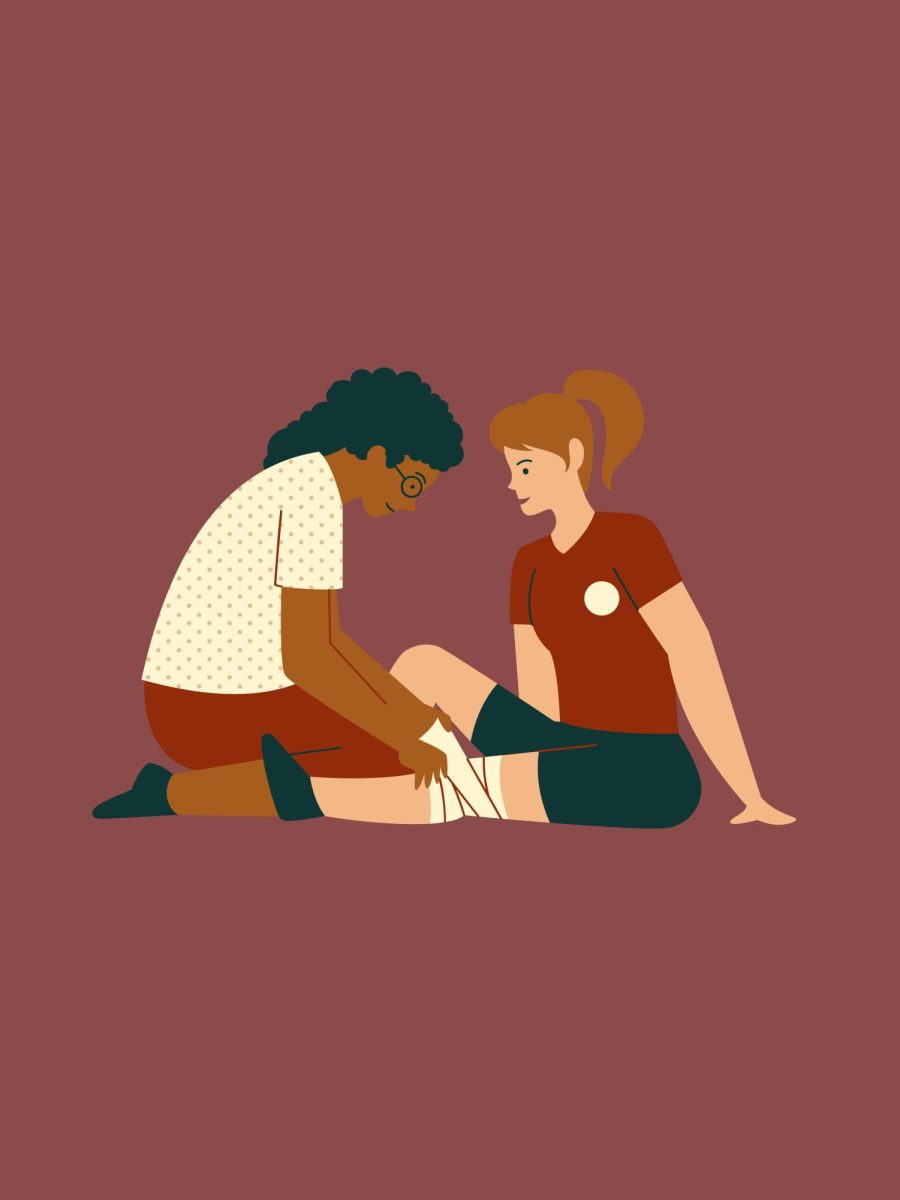
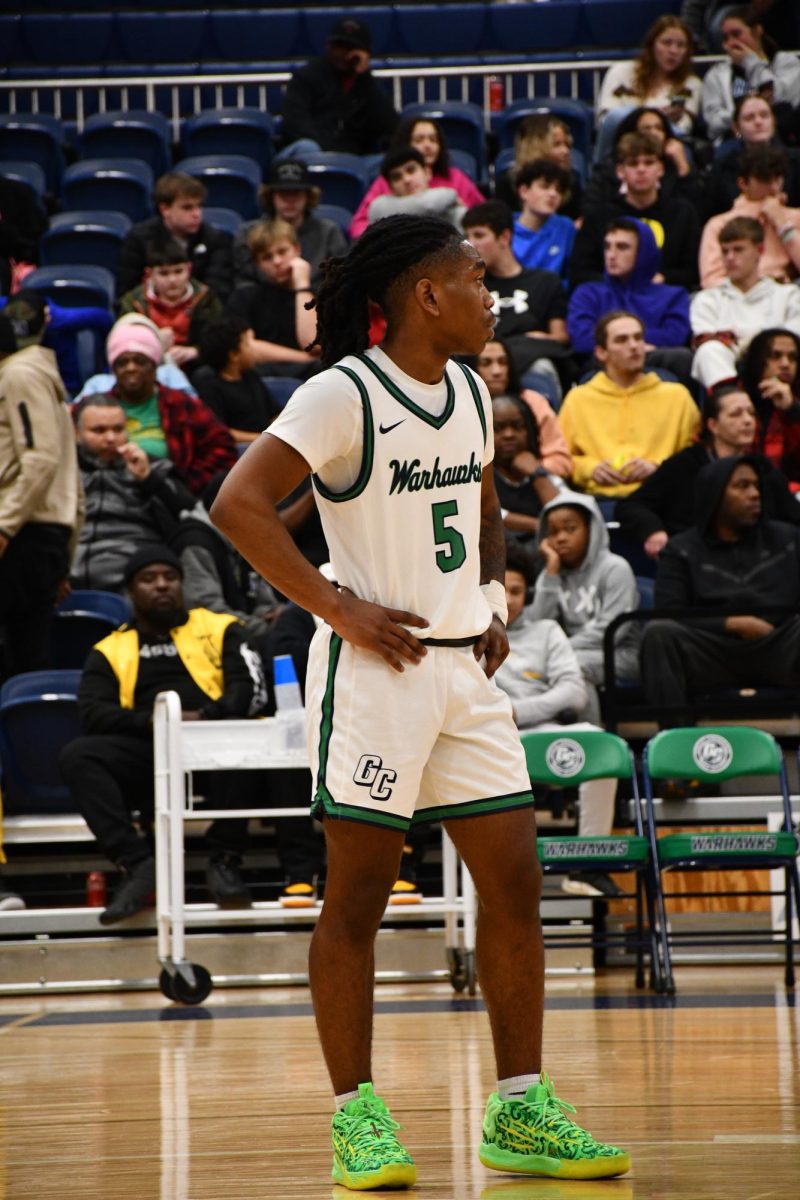
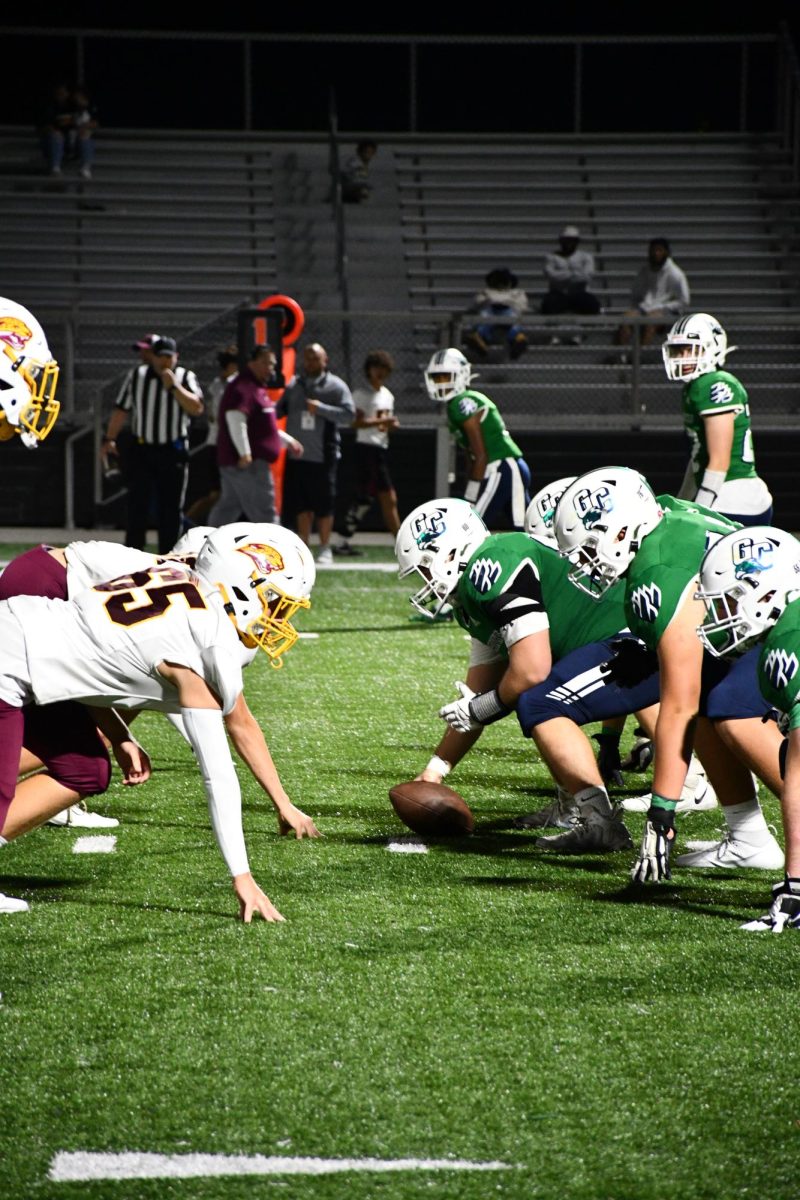


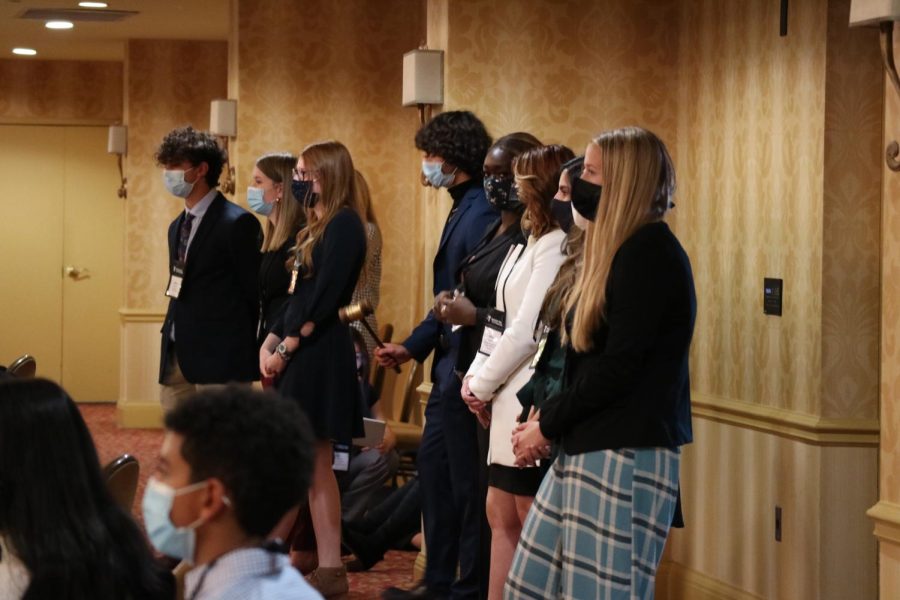

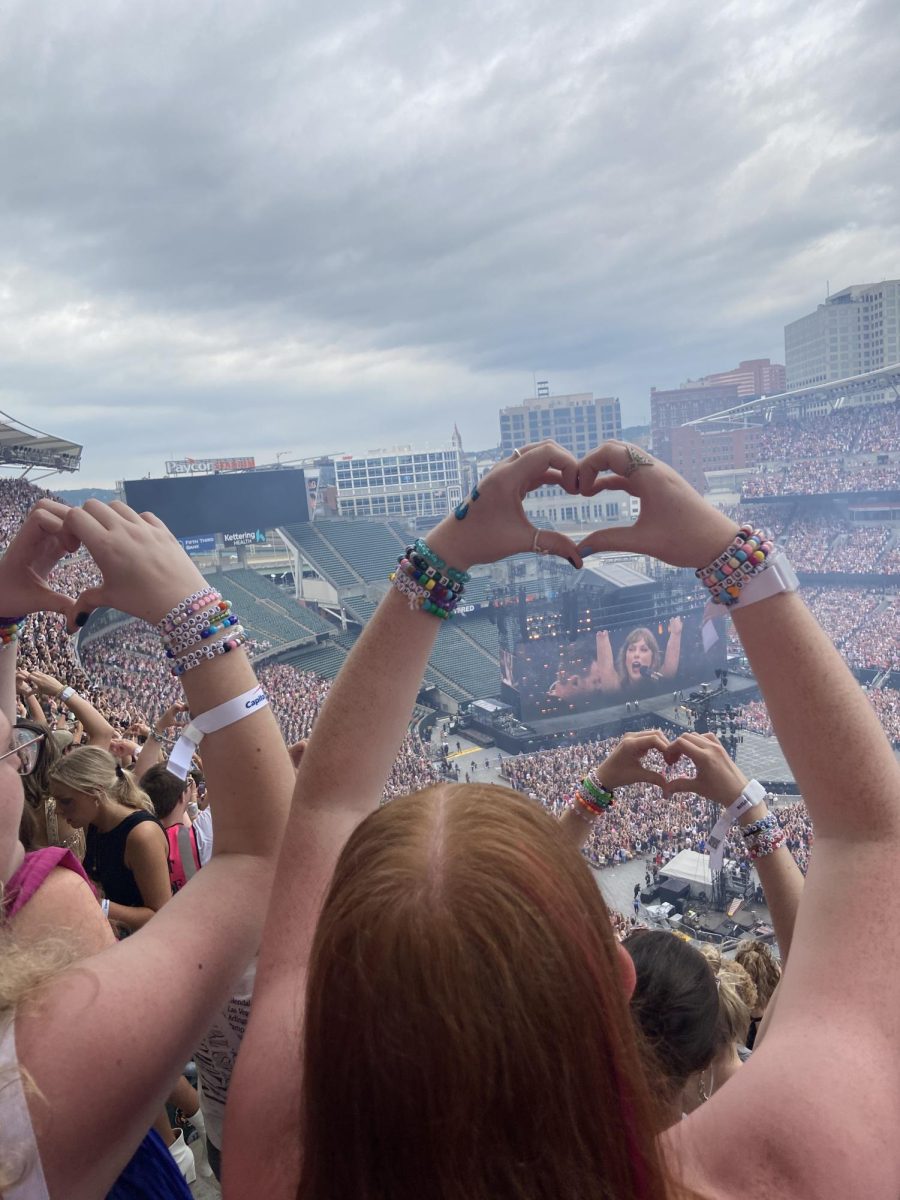
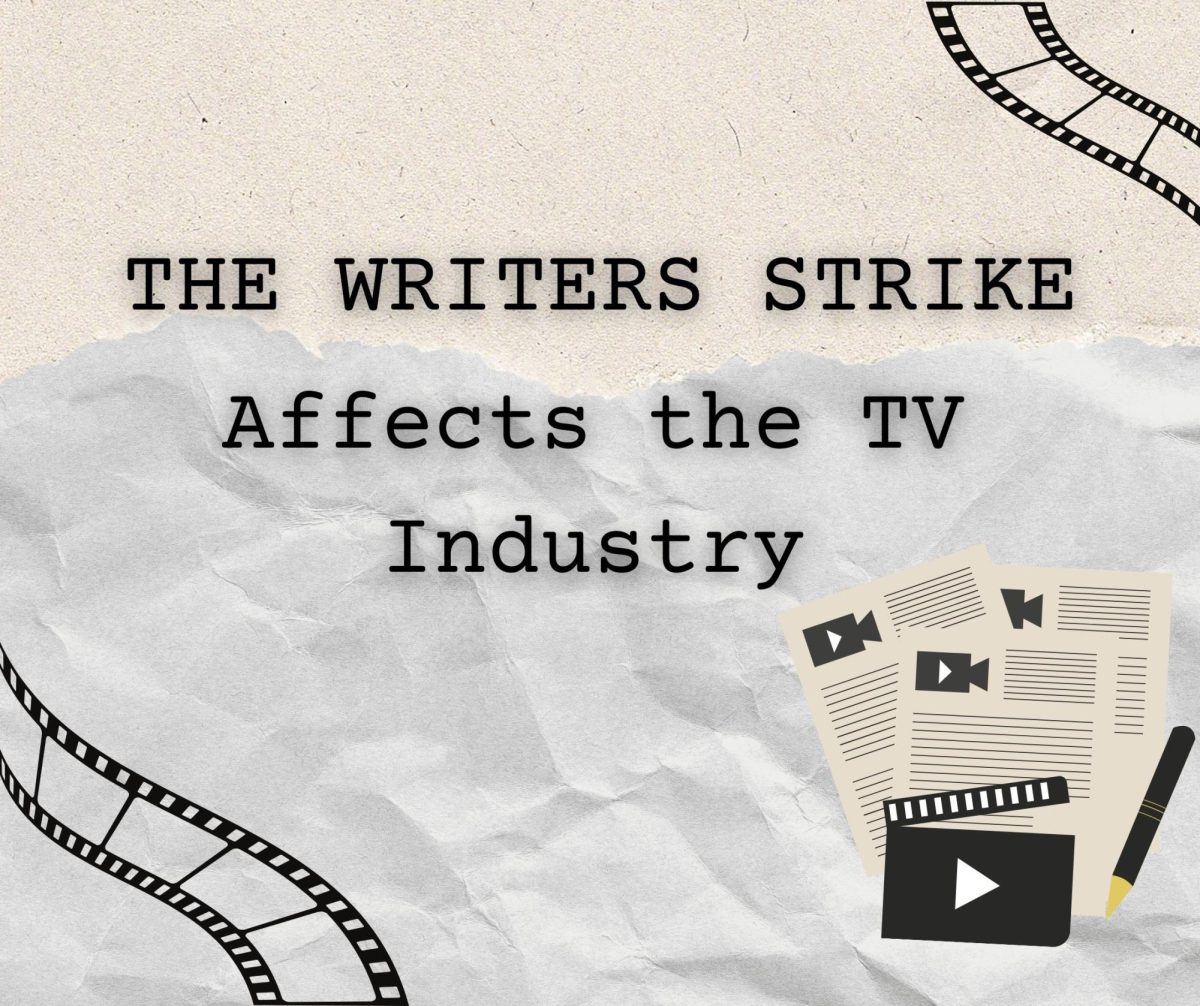

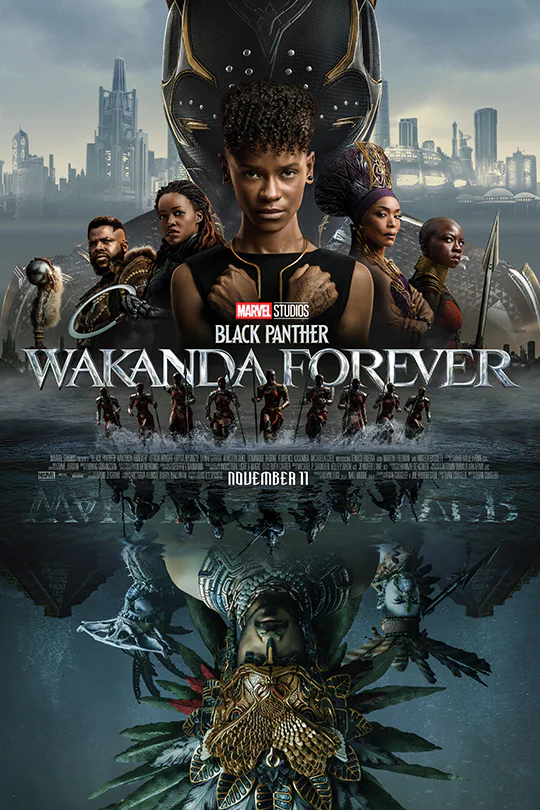
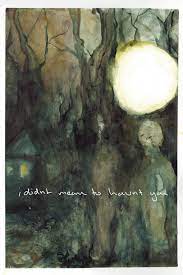
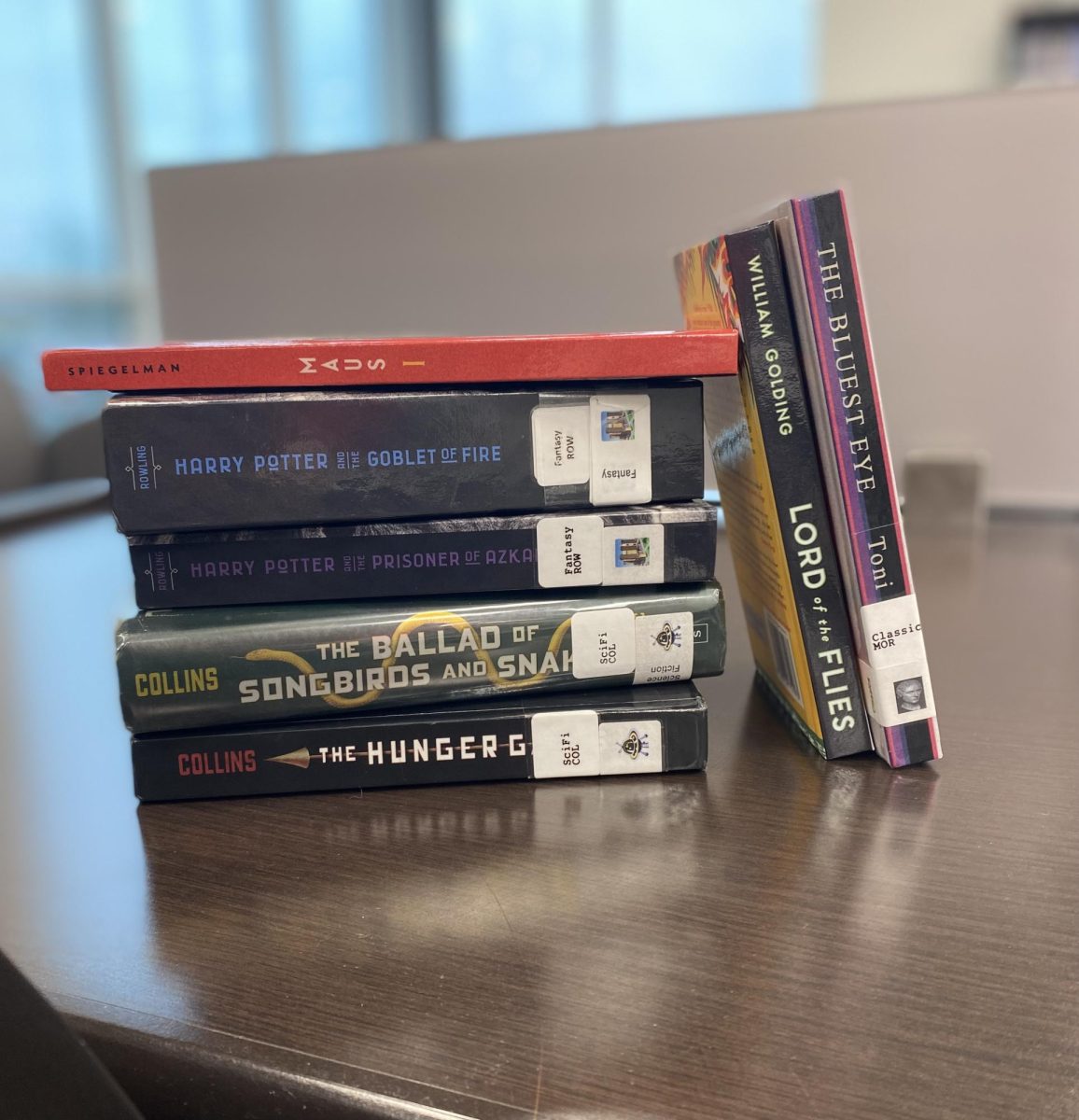

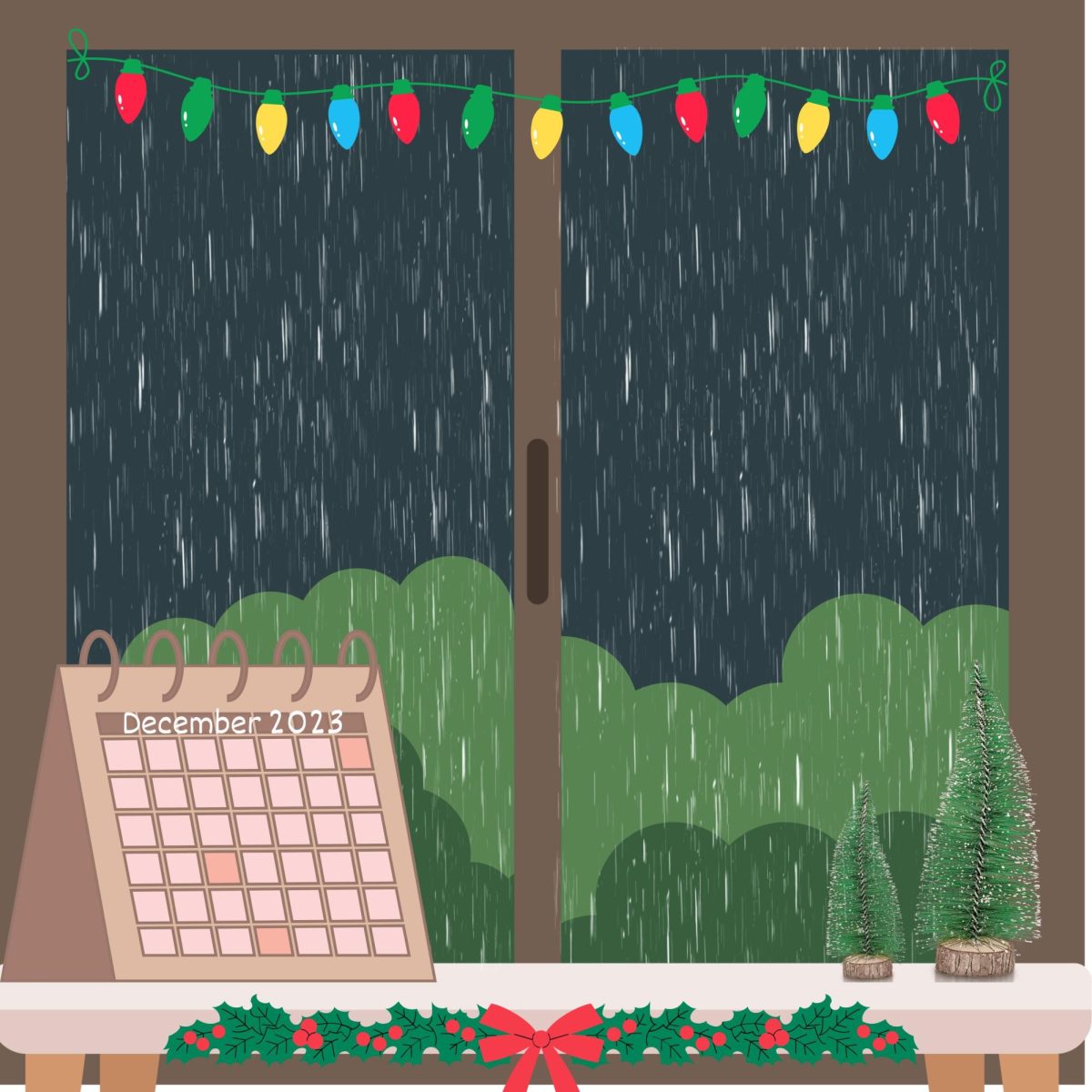

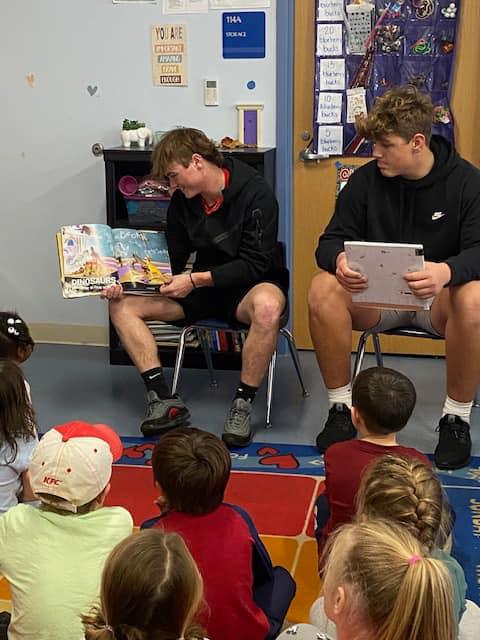

Melanie Valdivieso • Dec 6, 2023 at 1:33 pm
You did a terrific job explaining this complex issue.
Lynn Fiechter • Dec 6, 2023 at 10:49 am
I know this is a hot topic in the world of education right now–I appreciate your mature and thoughtful take. This is important.
Annette Manlief • Dec 6, 2023 at 7:22 am
I appreciate the variety of quotes in the article as this is such an important topic. I’m proud of you all for reporting on it!
Kristy Johnson • Dec 6, 2023 at 7:21 am
Fantastic article. Thank you, Shelby, for taking on a difficult topic.